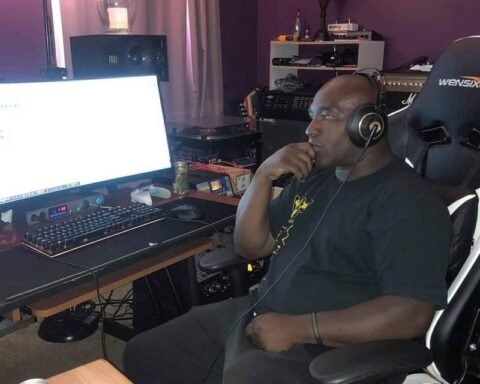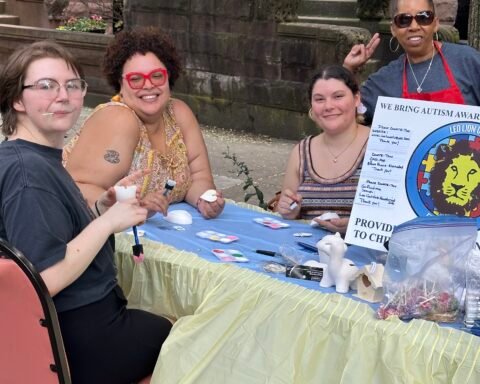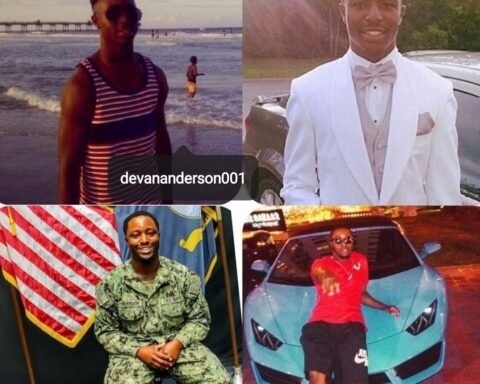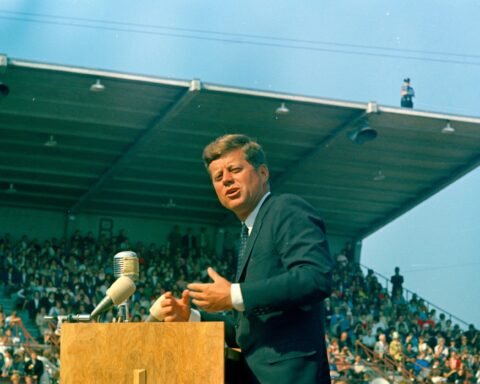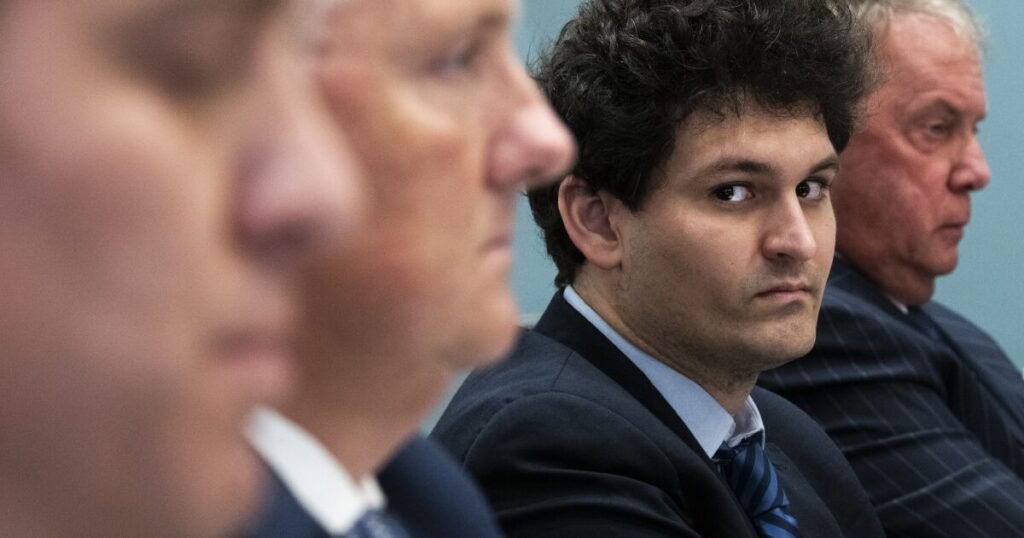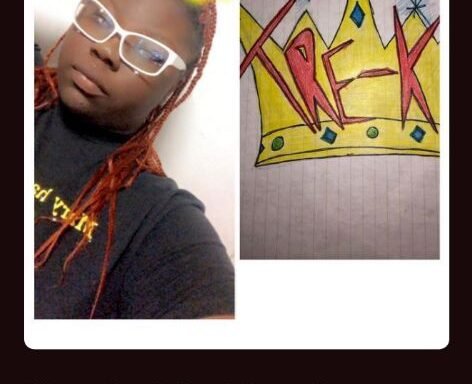
Several journalists who covered Elon Musk were suspended from Twitter on Thursday night, days after an account tracking the whereabouts of Musk’s private jet was also banned from the platform.
Among those whose accounts were suspended are Ryan Mac from the New York Times, Donie O’Sullivan from CNN, Matt Binder from Mashable, Drew Harwell from the Washington Post, political pundit Keith Olbermann and Steve Herman from the government-funded Voice of America. Musk suggested later Thursday night that the suspensions would be temporary.
Harwell’s last post before being suspended was about Twitter removing the account of one of its competitors, Mastodon, for posting a link to its own version of the @ElonJet account that tracked Musk’s plane, according to a tweet from NBC News reporter Ben Collins. (Mastodon’s Twitter account was also suspended Thursday.)
Olbermann’s last tweet asked people to re-create word for word Harwell’s post and link to an article by independent journalist Aaron Rupar, whose account was also suspended, that criticized Musk for his “populist cosplay” while being one of the richest men in the world.
“Without commenting on any specific accounts, I can confirm that we will suspend any accounts that violate our privacy policies and put other users at risk,” Twitter’s head of trust and safety, Ella Irwin, told the Verge via email.
On Wednesday, Twitter announced a policy update that prohibited the sharing of “live location information, including information shared on Twitter directly or links to 3rd-party URL(s) of travel routes.”
“We don’t make exceptions to this policy for journalists or any other accounts,” Irwin told the Verge.
Venture capitalist Mike Solana suggested in a tweet that posting a link to any version of the @ElonJet tracker appeared to trigger a suspension, to which Musk replied: “Same doxxing rules apply to ‘journalists’ as to everyone else.”
He later tweeted: “Accounts engaged in doxxing receive a temporary 7 day suspension.”
It appears that the suspended accounts could still participate in Twitter Spaces, as several of the banned journalists discussed the news in a live audio chat room Thursday night.
Musk joined briefly to confirm that posting a link to a page that provided real-time location tracking, such as @ElonJet, was “ban evasion” and no different from directly posting live locations.
“You show the link to real-time information, ban evasion,” Musk said. “You dox, you get suspended, end of story, that’s it.”
Banned Washington Post tech reporter Harwell, who was also in the chat room, responded: “This is reporting … there is reporting value in public data.”
Binder said Thursday that he was suspended immediately after sharing a screenshot from O’Sullivan of “an official LAPD statement regarding the incident Elon Musk was tweeting out about last night which led him to suspending ElonJet and its creator Jack Sweeney.”
“I did not share any location data, as per Twitter’s new terms. Nor did I share any links to ElonJet or other location tracking accounts,” Binder said. “I have been highly critical of Musk but never broke any of Twitter’s listed policies.”
Rupar wrote on his Substack earlier in the evening that he didn’t know what rule he could have violated.
“I did post a tweet yesterday noting that the ElonJet account that was suspended from Twitter was still active on Facebook, with a link to the Facebook page,” Rupar said. “Perhaps that did it, but I still don’t know what policy that could’ve possibly violated.”
Mac tweeted from a newly created account that he was given no warning or explanation about his suspension.
“I report on Twitter, Elon Musk and his companies. And I will continue to do so,” he tweeted. Collins confirmed in a tweet that the new account, @MacSilenced, was the real Mac.
Charlie Stadtlander, communications director for the New York Times, told NBC News, “We hope that all of the journalists’ accounts are reinstated and that Twitter provides a satisfying explanation for this action.”
CNN called the suspension of O’Sullivan and other journalists “impulsive and unjustified” and said in a statement that it has asked Twitter for an explanation.
The nine or more accounts banned Thursday night are not the first to be taken down after tweeting about Musk.
The @ElonJet account was previously suspended based on the policy update banning the sharing of live location information, briefly reinstated, and removed again despite Musk’s previous promise to leave the account alone.
“My commitment to free speech extends even to not banning the account following my plane, even though that is a direct personal safety risk,” Musk said in a Nov. 6 tweet.
Musk, a self-described free speech absolutist, vowed to make sweeping changes to the social media platform once he finalized his control over the company. He was critical of Twitter’s ban on certain kinds of speech and questioned whether those rules undermined democracy.
Last month, Twitter reinstated the account of former President Trump, who was suspended in January for his role in inciting a violent riot at the U.S. Capitol. Under Musk, the company also restored the accounts of other controversial users, including conservative Canadian podcaster Jordan Peterson and Rep. Marjorie Taylor Greene (R-Ga.).
Jameel Jaffer, executive director of the Knight First Amendment Institute at Columbia University, called the suspensions “petty and vindictive” given Musk’s lip service to free speech.
“It‘s a sad and disturbing thing that someone so obviously unsuited to the responsibility has so much power over public discourse online,” Jaffer said.

